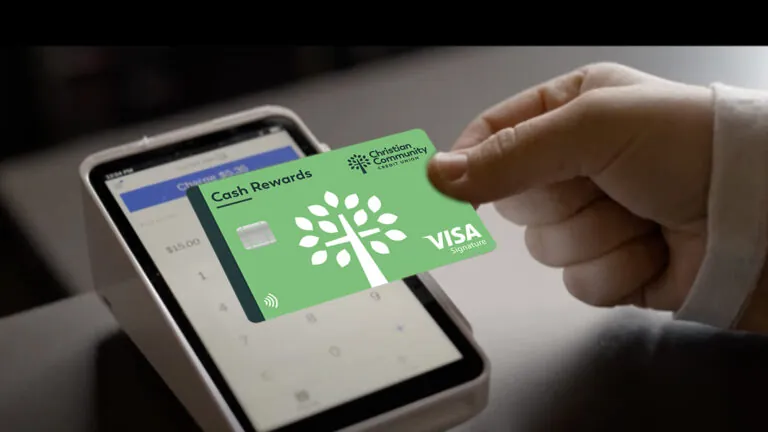7 Tips for a Smoother Loan Process: Getting Your Ministry Docs In A Row
April 8, 2016

Do you know where your ministry keeps important documents? Before you apply for a loan, having these documents in one place will help ensure a smoother loan application process. Your lender will need the following information to be able to underwrite a loan:
1. Management Structure
Lenders will want to know about your ministry’s management and structure. Who holds the authority in your ministry? What accountability and controls does your ministry have? Your ministry should have a written summary including the following information:
- Management structure. Explain who is in charge of the ministry. Is there a board of directors or other governing body?
- Management accountability. Explain the ministry’s financial controls. Who makes the major decisions? Who is that person accountable to?
- Resumes or biography for each executive staff member
- Succession plan
- Historical milestones
2. Financial Statements
Financial information tells a lender about the fiscal strength of your ministry. Be sure to include the following:
- Three years of income/expense statements and balance sheets
- Year-to-date income/expense statements. These are needed if your ministry is more than one quarter into its fiscal year.
- The most recent 12 months of bank statements for the ministry’s main operating account. (These should be from the same fiscal year of the financial statements you are providing.)
- The most recent 12 months of statements for:
- Restricted Fund and other fund accounts
- CDs, Money Markets and other insured investment vehicles
- Uninsured investment accounts
Note: Lenders may want to see audited financial statements. If so, a Certified Public Accountant (CPA) should do the audit. Make sure the CPA is qualified to audit ministries’ financial statements.
3. Real Estate
Lenders will want to know about any real estate your ministry owns. This gives lenders a better understanding of your ministry. It also provides information needed to process loan requests. Include the following (if available):
- List of all real estate owned by the ministry, including its value
- A copy of the most recent appraisal for each property
- A copy of the most recent property tax statements
- A list of all construction or renovation for the property. Include the date the work was completed.
- Environmental studies
- Most recent land survey
- Grant/Warranty Deeds
- Lease agreements
- Contact information for your property insurance agent
4. Corporate Documents
Lenders and title companies need to see your ministry’s corporate documents. This helps confirm that your ministry is obeying its bylaws and constitution. Your ministry also needs to be in good legal standing with the Secretary of State. (This person may be called the Secretary of Commonwealth in your state.) Include the following:
- Minutes of the meeting in which the ministry agreed to apply for the loan. The minutes should include:
- Number in attendance
- Voting results
- Description of collateral. For real estate, include addresses.
- Maximum amount approved to borrow
- Original signature of the person who certifies your ministry’s corporate documents. This person should be named in your bylaws. (This may be your Corporate Secretary or Church Clerk.)
- Corporate Resolution to borrow, including all collateral
- Bylaws
- Constitution
- Articles of Incorporation, including amendments
5. General Information for Churches
Lenders would also find this information helpful:
- Weekly attendance
- Current church membership figures
- Giving Units
- School enrollment figures
6. Don’t Be Discouraged
Don’t be discouraged if you can’t find all of this information at once. Give yourself some time to collect it. Most ministries don’t have all of these documents in the same place. By gathering it now, you’re already making progress.
And don’t worry if you can’t find some of these things. You may be able to replace the missing documents by contacting:
- The Secretary of State (or Secretary of Commonwealth) for documents of incorporation
- Vendors, like a former appraiser or land surveyor, for copies of reports
- A title company to buy a title report for the ministry’s real estate
- Staff, volunteers and former board members. These people may have copies of minutes, bylaws, and other documents.
You may not be able to track everything down. But you won’t know unless you try! Just be sure to get a price quote before you order. Many offices charge for copies of documents or reports.
7. Make Steady and Consistent Progress
Keeping a file of important documents will benefit your ministry. First, it will make it easier for your ministry to answer your lender’s requests. Second, keeping the information current will help your ministry prepare for future challenges and requests.
Getting your documents in a row for your loan request seems tough, but it’s worth the effort. Take your time and focus on one step at a time. Contact The Ministry Development Group today!



